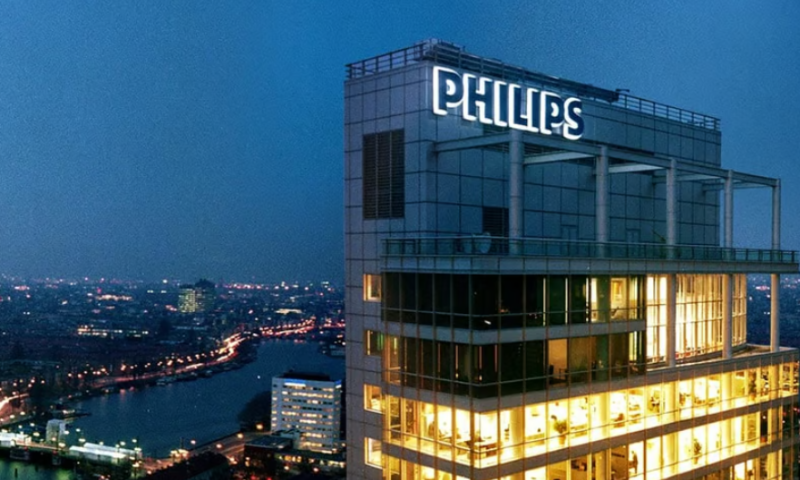Philips’ latest recall has nothing to do with its hard-hit respiratory devices division: This time around, the company has identified an issue with one of its imaging systems, instead.
Last month, Philips began sending out urgent medical device correction notices to users of the Panorama 1.0T open MRI system. The Dutch devicemaker said it found that the machines may, in some cases, be at risk of causing an explosion. The company has told customers to immediately stop using their affected Panorama systems.
The explosion risk has been linked only to magnet quench procedures. These are rare occurrences typically performed only in case of emergency to rapidly shut down an MRI machine—although unintended quenches may also occur during normal use of the machine—where its helium is quickly released through a venting system to eliminate the machine’s magnetic field and superconductive status.
A quench may lead to explosion, according to an FDA notice Wednesday, if there’s an unknown blockage in the helium venting system, which would cause pressure to build up and compromise the structural integrity of the scanner.
Not only could an explosion be strong enough to cause significant damage to the scanner and its surroundings, but it could also result in chemical exposure and suffocation by displacing the room’s oxygen. Dangerous flying debris could cause brain and eye injuries, lacerations, fractures, bruises and even death, the FDA said.
Because of those risks, the agency has placed the recall in its most serious category, Class I.
In an email to Fierce Medtech, Philips confirmed that only one such explosion is known to have occurred since the Panorama system’s 2005 launch, with “zero reports of patient, user or bystander injury to date.” The sole explosion resulted only in system and property damage, according to the company, and occurred in a case “where Philips guidelines were reportedly not followed.”
In its letter to customers, in addition to asking them to immediately discontinue the use of any impacted Panorama systems and share the recall information with all users of the systems, Philips also warned against performing a manual magnet quench except in case of an emergency.
The company is in the process of sending out field service engineers to inspect and, if necessary, repair or replace parts of the system to eliminate the risk of explosion.
About 340 of the scanners are in use around the world, with nearly half of them in the U.S., according to Philips, which discontinued production and sales of that Panorama model in 2014.
The company confirmed in its emailed statement that, to date, all U.S. customers with operational systems have been informed of the issue, and about 80% have undergone inspection. Internationally, about 85% of users have been notified, and inspections have been completed on about three-quarters of the systems. Philips said it’s aiming to wrap up the inspection process in the next week before the end of the year.

